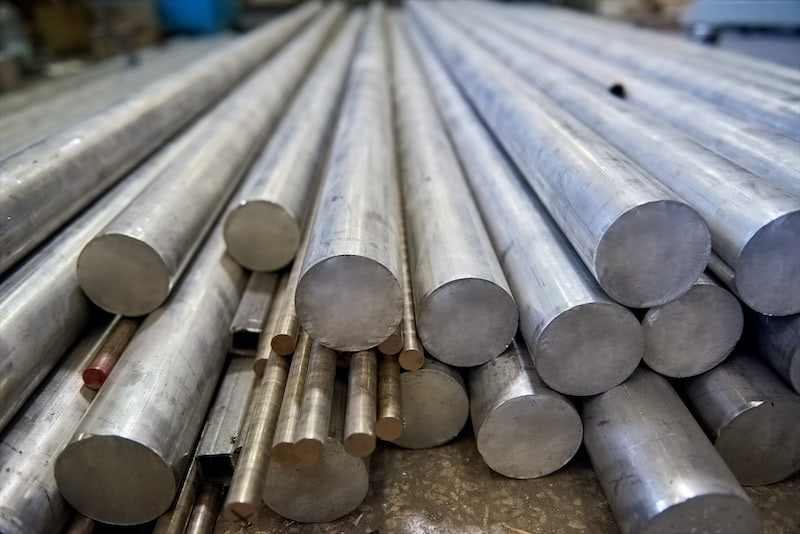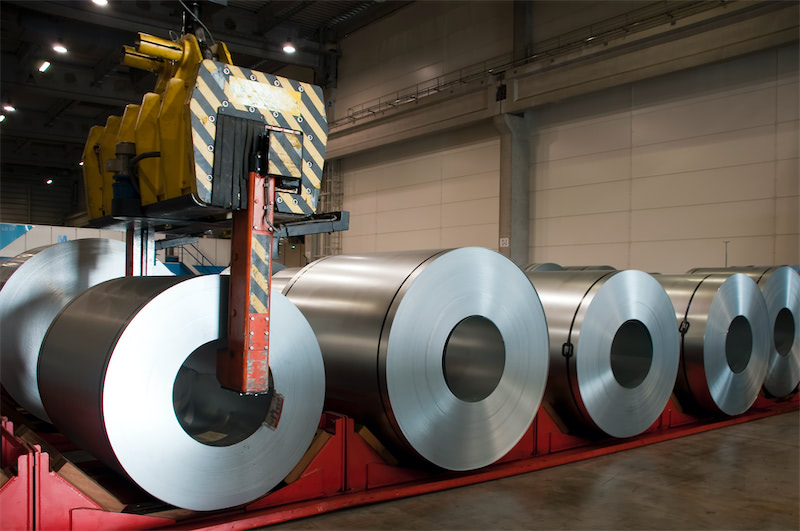Seasonal Demand Shifts Impact from Maintenance on Construction Steel Easier to Decrease Than Increase
SMM survey, for the period (8.23-8.29), the impact from maintenance on construction steel decreased as several steel mills resumed production of blast furnaces and associated rebar rolling lines. The impact from maintenance on construction steel was 1.2112 million mt, down 72,900 mt MoM.
Last week, speculative purchasing demand in the market was still being released, but with persistent high temperatures and heavy rainfall, downstream purchasing sentiment remained cautious, leading to generally moderate overall transaction performance. Rebar prices had limited upward momentum, showing a trend of first rising then falling. The national weekly average price was 3,206 yuan/mt, down 9.8 yuan/mt MoM. In contrast, on the raw material side, last week, the seventh round of coke price increases by major steel mills was implemented, raising immediate costs for finished products, and the profit per ton of construction steel shrank to below 100 yuan. Currently, the market is in the transition phase between low and peak demand seasons. Steel mills still hold certain expectations for the traditional peak demand season. Given that there is still profitability in construction steel production, many steel mills have chosen to resume production of blast furnaces and associated rebar rolling lines.
According to the SMM survey, the impact from maintenance on construction steel in North China, Central China, East China, and South-west China all decreased. Last week, steel mills in these regions resumed production of blast furnaces, with corresponding rebar rolling lines also resuming operations. Additionally, in North China, some steel mills, due to previous issues with iron output, prioritized meeting the supply of hot metal for plate and strip, resulting in the shutdown of rebar rolling lines. These have now partially resumed operation. In other regions, steel mill rolling lines maintained their maintenance status from last week, with no significant changes in the impact from maintenance.
Looking ahead, according to current information, not many construction projects in the Beijing-Tianjin-Hebei region received stop-work notices around the September parade, and the market believes that the substantial impact on demand may be limited. Meanwhile, at the end of August, high temperatures and heavy rainfall will decrease, potentially accelerating the construction pace at downstream sites, which could improve end-use demand. Considering these factors, steel mills remain highly confident about the approaching traditional peak demand season in September and have a strong willingness to produce. According to the SMM survey, next week, steel mills in North China, Central China, and East China all have plans to resume production, and it is expected that the impact from maintenance on construction steel will continue to decline. In the short term, close attention should be paid to production restriction information related to the parade. It cannot be ruled out that under stricter policy conditions, steel mills may be required to further limit or halt production, leading to an increase in the impact from maintenance on construction steel.
Data Source Statement: Except for publicly available information, all other data are processed by SMM based on publicly available information, market communication, and relying on SMM‘s internal database model. They are for reference only and do not constitute decision-making recommendations.
For any inquiries or to learn more information, please contact: lemonzhao@smm.cn
For more information on how to access our research reports, please contact:service.en@smm.cn
![Before the holiday, the black chain is unlikely to see a trend-driven market [SMM Steel Industry Chain Weekly Report].](https://imgqn.smm.cn/usercenter/zUFfM20251217171748.jpg)

![[SMM Chromium Daily Review] Inquiries and Transactions Weakened, Chromium Market Showed Mediocre Performance Before the Holiday](https://imgqn.smm.cn/usercenter/ENDOs20251217171718.jpg)
